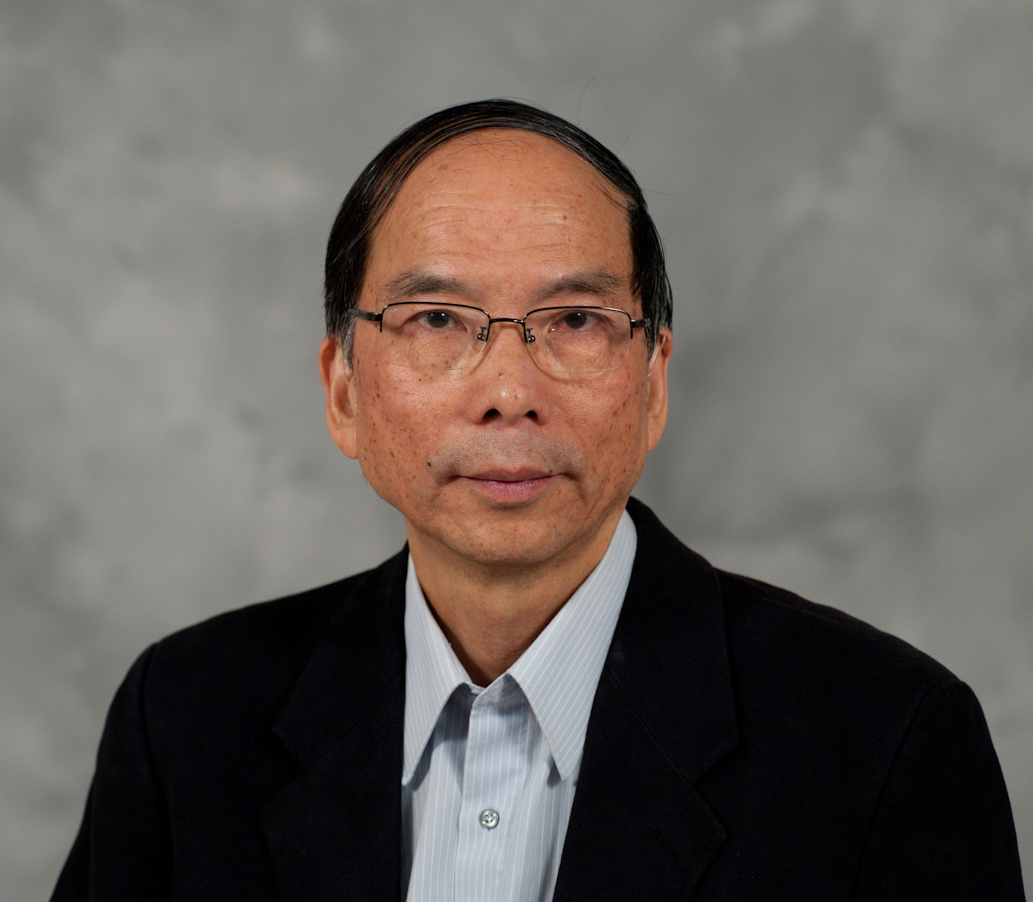The Institute of Statistical Mathematics (ISM) and the Japan Statistical Society (JSS) have announced that Georgia Tech’s Stewart School of Industrial & Systems Engineering’s (ISyE) Jeff Wu will be the inaugural lecturer for the Akaike Memorial Lecture Award. Wu, who is also ISyE’s Coca-Cola Chair in Engineering Statistics and professor, will deliver his speech at Kanazawa University on September 5, during the 2016 Japanese Joint Statistical Meeting, which will be held September 4-September 7. Wu’s presentation is entitled “A Fresh Look at Effect Aliasing and Interactions: Some New Wine in Old Bottles.”
Overview of the Akaike Memorial Lecture Award
The ISM and the JSS have inaugurated the Akaike Memorial Lecture Award under the organizations’ joint sponsorship. The Akaike Memorial Lecture Award is named after the late Hirotugu Akaike, who left a wide-reaching and influential legacy of research in the statistical sciences.
Every two years, one lecturer is selected under the standards of the Akaike Memorial Lecture Award nominating committee from among those individuals who have, like Akaike, stood out as being ahead of their time, exercising an international influence over a wide range of fields in the statistical sciences (including mathematical sciences such as control and optimization, and mathematical engineering) and applied fields.
The lecture and follow-up discussion will be published as an invited paper in the Annals of the Institute of Statistical Mathematics (AISM) or the Journal of the Japan Statistical Society (JJSS).
Overview of Professor Wu’s Research Accomplishments
Wu has been a vigorous pioneer in the theory of experimental design, EM algorithms, and resampling. His research has addressed a broad spectrum of topics in statistics; some of his particularly notable accomplishments are described below.
He proposed a general optimal design algorithm using the fact that approximate optimal design problems become constrained convex problems and proved that they converge asymptotically to the optimal design. He examined the convergence of the celebrated EM algorithms and obtained results under conditions that are applicable to most practical problems. He also made key contributions to the justification of the bootstrapping and jackknife methods from the viewpoint of mathematical statistics.
As experimental design methods were quickening the development of new products and technologies in Japanese industry in the early 1990s, Wu used advances in statistical methods to propose fundamental revisions to experimental design, based on the agricultural methods of R. A. Fisher and the robust parameter design method of Genichi Taguchi. He developed a new method called "conditional main effect analysis" for distinguishing among the effects of configuration, sparsity, the principle of transmission, and aliasing in factorial experiments, thereby contributing greatly to the development of the technometrics field.
Recently, Wu has devoted attention to virtual experiments on computers, in search of principles beyond those identified by Fisher for problems examined with numerical experiments.
